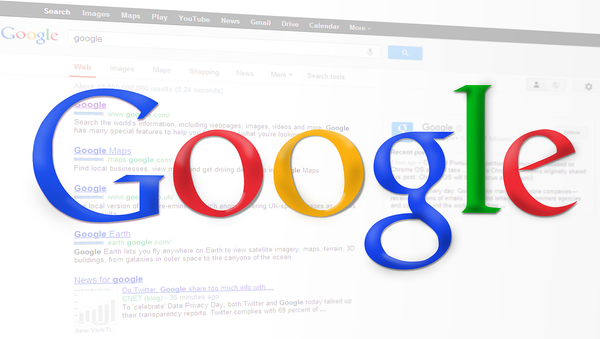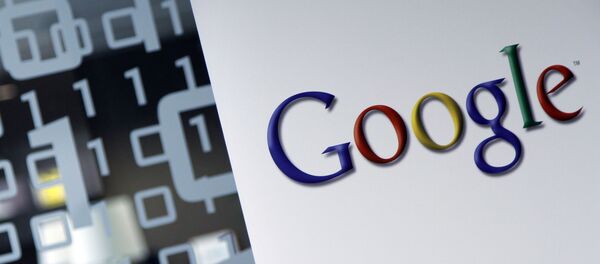WASHINGTON (Sputnik) — Google’s new fact-checking program is a bid to control the news by the old and increasingly discredited corporate-owned media establishment.
"I see this as an effort to control news in the new digital age," Executive Intelligence Review senior editor Jeff Steinberg told Sputnik.
The international fact-checking community currently consists of 115 organizations, according to Google.
"The ability of mainstream media to absolutely control how people think and what facts they take as valid is much more challenging than when there were three TV networks and a few major daily newspapers [in the United States," he pointed out.
Steinberg expressed skepticism that the so-called "international fact-checking community" Google relied upon was truly independent and unbiased.
"I am leery about the ‘international fact-check community’ without getting a better idea of which groups they are. I know the case of Wikipedia and their ‘fact checkers’ are neocon ideologues who scrub content for anything that deeply critiques their ideology and boosts their ‘enemies list’," he said.
Steinberg cited an example a recent website that claimed to identify "fake news" outlets.
"They noted that the only trustworthy sources of ‘facts’ are the BBC [British Broadcasting Corporation], the New York Times, the Washington Post, the Wall Street Journal and NPR [National Public Radio]," Steinberg added.
University of Louvain Professor Jean Bricmont, an eminent philosopher and author agreed that Google was likely to use the New York Times and other major establishment outlets to discredit facts and interpretations presented by other sources and thereby severely limit freedom of expression.
The Western media establishment tried to claim it was incorruptible and unbiased, Bricmont noted.
"This is all based on the prejudice that mainstream media do not lie, do not make mistakes, do not select information, only alternative media do. This makes this ‘fact checking’ a tool of propaganda of course," he said.
However, Bricmont predicted that the fact-checking plan would fail with the public.
"I doubt that this sort of soft censorship will induce them to regain faith in the MSM [mainstream media]… People do not in general like to be told what to read and people who trust alternative sites do so because they have lost trust in the MSM," he said.
Bricmont expressed skepticism that the new Google policy would succeed in strengthening the hegemony of the mainstream media.


